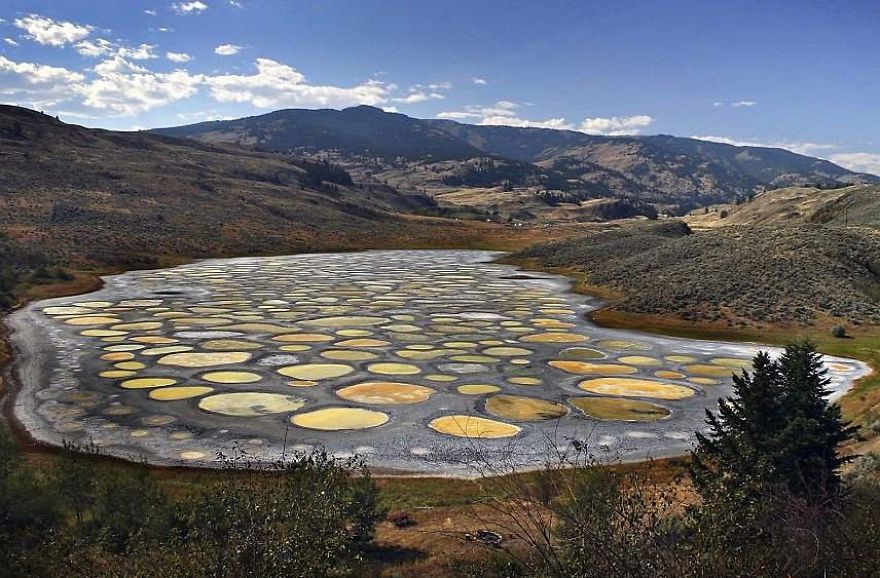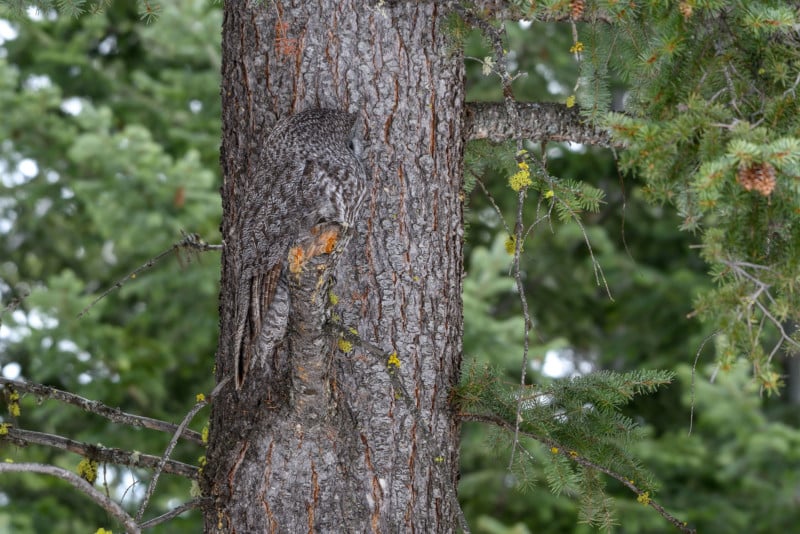

A photographer was hunting for a great grey owl to photograph in a Canadian forest when he happened to come across one that was perfectly blending into the bark of a tree with impressive camouflage.
James S. Batuigas, a 45-year-old amateur photographer based in Burnaby, Canada, was driving 5 hours to his favorite wildlife photography area in a British Columbia forest back in May when he encountered the owl.
"I was planning to look for the great grey owl that day," Batuigas tells the UK newspaper Daily Mail. "I was driving on a forest road searching for the great grey owls, scanning every tree hoping to find one during noontime, where they're usually resting.
"Then suddenly in the corner of my eye I noticed something moving in the tree trunk, that's when I realized it was the owl cunningly blended with the bark of the tree."
The color and pattern of the owl's plumage matched the tree it was sitting on so well that the photographer says he would have completely missed seeing the owl there if it hadn't turned its head to look at him.
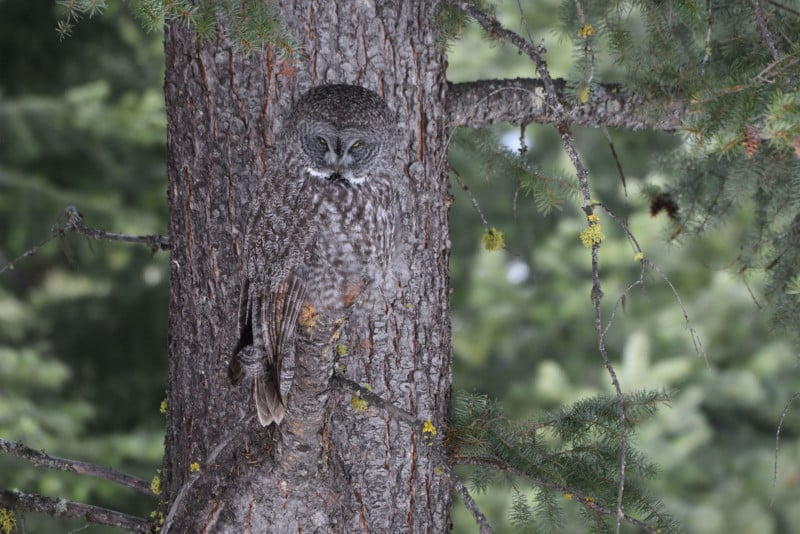
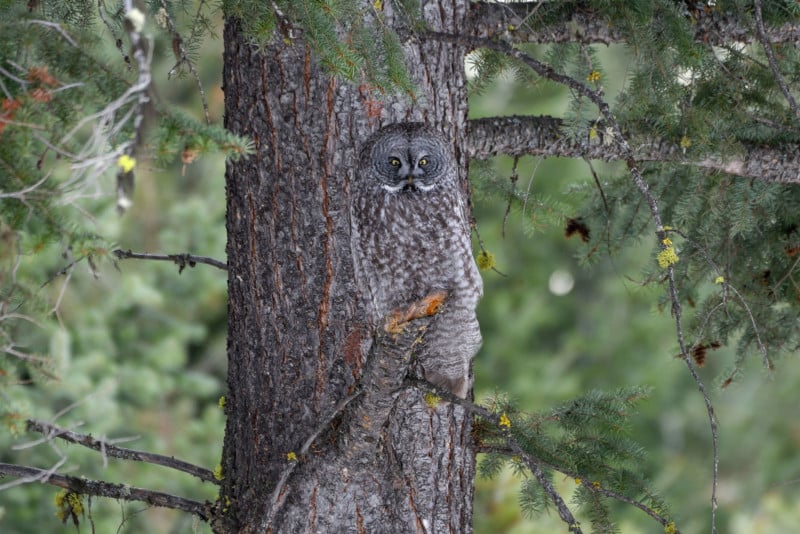
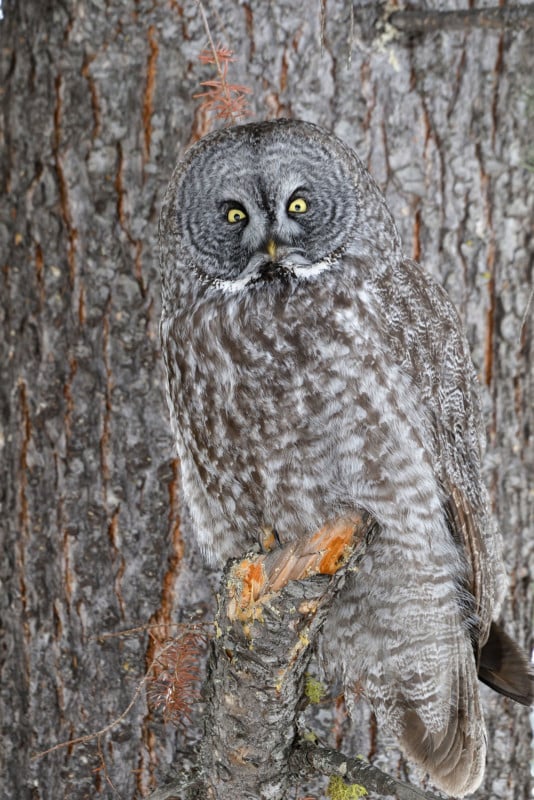
The great grey owl ( Strix nebulosa ) is the world's largest owl species in terms of length, which can reach 33 inches (84cm). Found across the Northern Hemisphere, the owl can be recognized by the white collar (often called its "bow tie") found under its face.
Read also : Can You Spot the Leopard Cub in This Photo?
"The colors of an owl’s feathers help it blend in with the natural environment and, of course, keep it warm," the Owl Research Institute writes. "Feather colors are not the only things that help camouflage owls. They have other tricks to conceal themselves.
"Many stand tall and pull their feathers in tightly, making the owls skinnier and harder to see. When trying to conceal themselves, owls raise the whitish feathers surrounding the bill."
Owls' impressive powers of camouflaging allow it to stay hidden from both prey and eager wildlife photographers.
Image credits: Photographs by James S. Batuigas and used with permission







#features #news #animal #blended #camouflage #hidden #jamesbatuigas #nature #owl #spotted #wildlife

